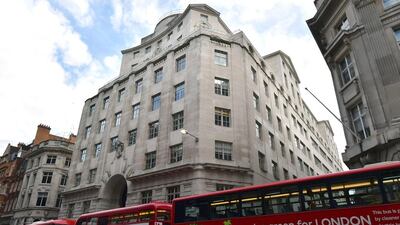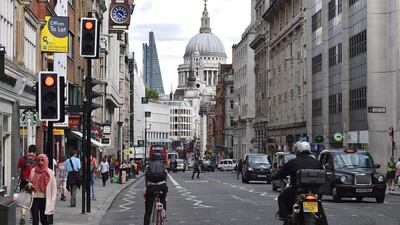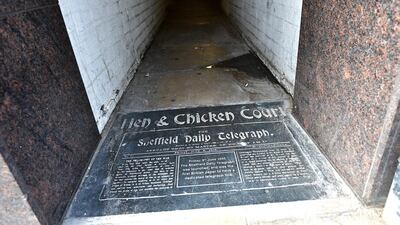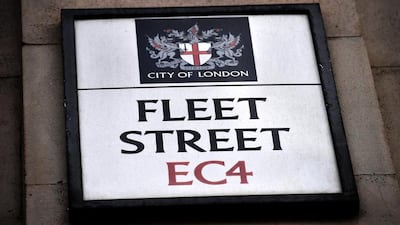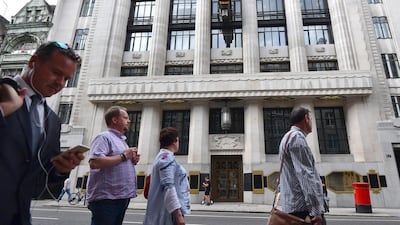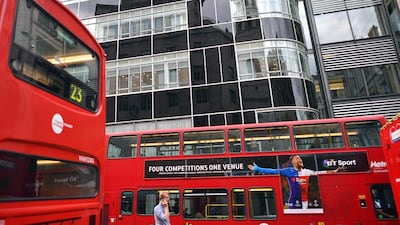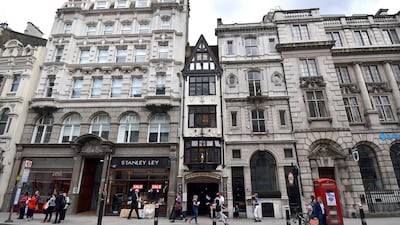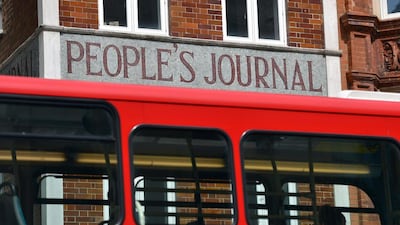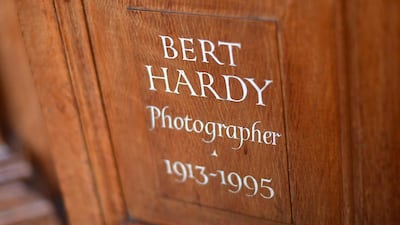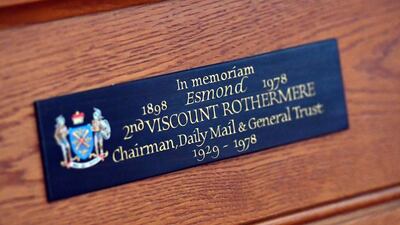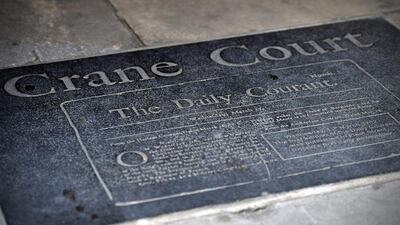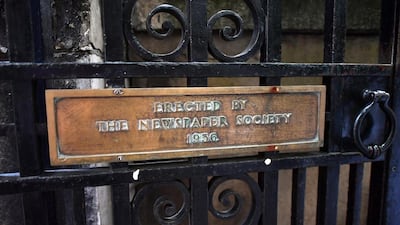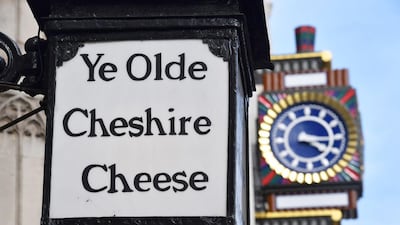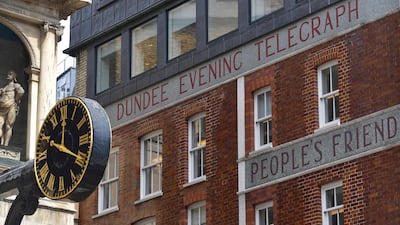The rise of the internet has ultimately put paid to one of the United Kingdom’s most enduring media hubs – and given some of the world’s biggest bankers another central London haunt to call home.
Three decades after the media mogul Rupert Murdoch instigated its demise as the centuries-old home of Britain’s newspaper industry, London’s Fleet Street bade farewell at the weekend to its last two journalists.
Nowadays the street that once echoed to the sounds of clattering typewriters is the haunt of bankers and accountants; the Art Deco building that once housed The Daily Express is home to Goldman Sachs.
“It’s mainly bankers now. I’m not even sure that people here now know the history,” said Darryl Smith, one of the street’s last two “hacks”.
Known as the “Street of Shame”, Fleet Street once housed thousands of reporters, editors and printers working for the country’s biggest national papers as well as international and provincial publications.
While the British press is still collectively known as "Fleet Street", there are now no longer any working journalists there after the Scottish-based Sunday Post newspaper closed its London operation on Friday.
The thoroughfare became synonymous with publishing from 1500 when Wynkyn de Worde established a printing press. The first daily newspaper, The Daily Courant, launched in 1702.
In the shadow of St Paul’s Cathedral, the street was ideally located for journalists, being in walking distance of the city’s financial district, the royal courts of justice and Westminster.
"Anyone interested in journalism and mass newspapers realises that Fleet Street is the heart of it all," said Mr Murdoch when he bought the News of the World tabloid in 1969.
However, he was at the heart of its decline when in 1986 he moved his newspaper stable, which by then also included The Times and Sunday Times broadsheets and The Sun tabloid, to a new purpose-built operation in east London, where new technology replaced the "hot metal" printing presses.
Within three years, all other national newspapers had followed anxious to cut costs in an industry now decimated by the growth of online news.
Smith’s fellow reporter, Gavin Sherriff, is sanguine: “Journalism, like any business has to evolve. It just so happens we’re at the end of one paragraph, while there’s paragraphs and chapters to be written.”
business@thenational.ae
Follow The National's Business section on Twitter
